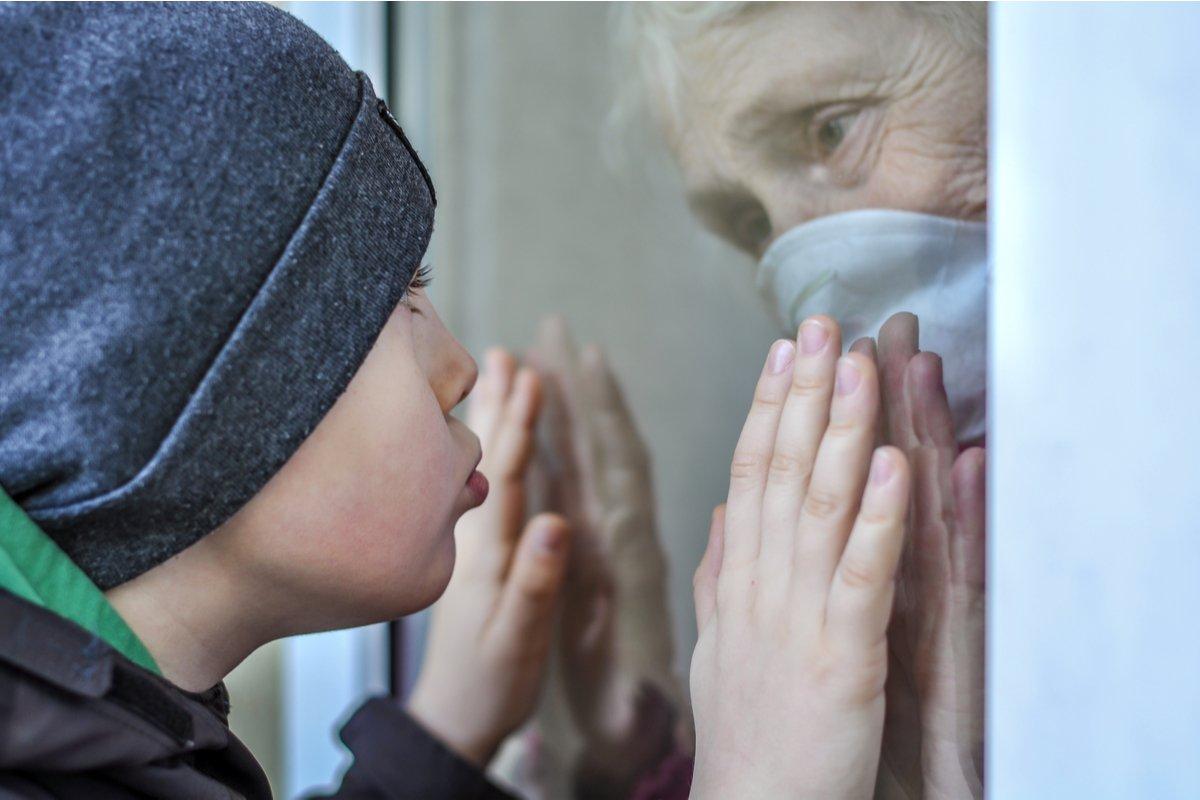Table of Content
As COVID-19 advances around the world, several nursing homes and other types of senior living care facilities have endured the lasting effects and devastation the virus has caused. With nearly 50,000 deaths and over 240,000 reported cases of COVID-19 in America, many families are coping with fear surrounding the health of their loved ones and have concerns about what to do.
If you’re in a similar position, recognize that you’re not alone. Not knowing what to do if your loved one’s nursing home has been exposed to the virus can be scary, but the best thing you can do is remain committed to social distancing and protective health practices to ensure all vulnerable communities are protected. A review of the following information can provide you with some insight on what you can do if someone at your loved one’s nursing home tests positive for COVID-19.
Known Cases of COVID at Your Loved One’s Nursing Home
If you discover that your loved one’s nursing home has a known case of COVID-19, the nursing home facility has a duty under federal law to protect both infected and noninfected residents. They should be taking proper measures to isolate patients from each other while still providing necessary healthcare services. Certain wings or areas throughout the facility should be designated for testing sites and for residents that have been exposed or show signs of the virus.
To reduce the spread, nursing home facilities should restrict non-staff from coming inside and equip all residents and staff with facemasks, hand sanitizer, and other personal protective equipment. Other measures that nursing home facilities should employ include:
- Canceling group activities
- Serving meals in rooms
- Cleaning and disinfecting throughout the day
- Staying in contact with residents’ families
- Having staff members on call
The same steps should be applied if your loved one’s nursing home has no cases at all. Failure to do so can lead to an extensive outbreak and jeopardize the lives of those in the facility.
Stay Connected with Elderly Loved One’s During COVID
Being unable to visit your loved ones in their nursing home is going to be hard, but it may be even more challenging for them. Most residents already feel lonely and isolated in long-term care facilities and with COVID keeping them away from their family and friends, depression or anxiety can start to affect their mental state.
Fortunately, there are ways you can stay connected with your loved one, such as:
- Talking over the phone or video chat if your loved one has a tablet or phone
- Going up to your loved one’s window to show your face, bring signs with messages, or chat on the phone while being able to see each other
- Asking the facility to help by bringing a phone into your loved one’s room to chat
In addition, you should be vigilant about the increased risk of inattention, neglect, or abuse during these times. Nursing home facilities are overwhelmed with new responsibilities, but that doesn’t make it okay for caregivers to mistreat your loved one. Unfortunately, since you are unable to visit, you may not be able to notice any injuries or harm your loved one has endured. Therefore, try your best to stay in touch frequently to see if anything suspicious might be happening.
Key Questions to Ask Your Loved One’s Nursing Home
If you’re nervous about to do about your loved one’s safety in their nursing home facility, there are several questions you can ask to clear up any uncertainties:
- How often are employees being tested? What method of testing is being used? Are temperatures taken daily?
- Are employees changing personal protective equipment after every encounter with residents?
- Are there areas designated for exposed patients?
- Is there a separate staff treating COVID patients?
- Is there enough personal protective equipment for residents and are CDC guidelines being enforced?
- How are residents receiving food, groceries, and toiletries?
- Are there any mental health screenings for residents?
- Are there any restrictions on remote visitations?
Also, you can stay updated using the facility’s website or social media. Some facilities may allow you to send care packages and gifts, but you should make sure that it’s okay before you do. If you are worried that the answers to these questions were inadequate and that your loved one may be in danger, notify the authorities immediately. They will be able to check on your loved one and investigate whether the facility is performing proper health inspections, sanitizations, and procedures.
Protecting Your Elderly Loved One’s Rights During COVID
At Dalli & Marino, we’re here to stand up for those who can’t stand up for themselves. Abuse and neglect are never acceptable and your loved one should not have to tolerate it, as the effects can be life-altering. When your elderly loved one’s rights are violated because of a neglectful caregiver, we can work together to protect them from any further harm.
Our seasoned trial attorneys in New York have been aggressively advocating for victims of nursing abuse since 1996. We strive to build strong relationships with our clients through trust and communication to ensure that we fully understand your needs. Our positive reputation is the result of the unwavering commitment and experience we bring to every case, as well as our client-centered and results-driven approach. To seek justice and compensation for your loved one’s suffering or losses, call 888-465-8790 or complete our contact form for a free case review.



